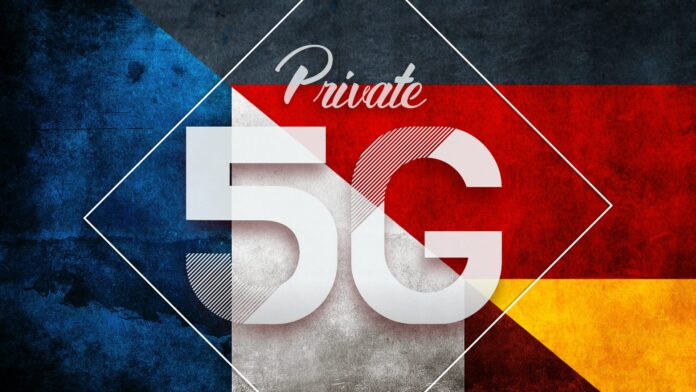France and Germany have pledged a total of 17.7 million euros ($19.95 million) in support of four projects on 5G applications, the two countries’ governments have said in a joint release. The aim of the joint initiative is to deliver innovative solutions that will strengthen Europe’s ecosystem for private networks in the field of 5G telecommunications.
Robert Habeck, Germany’s federal minister for economic affairs and climate action, said: “I am looking forward to an intensive collaboration between France and Germany. This is an important step in order to drive the economy forward with the help of state-of-the-art technologies. The selected consortia will make major progress in the field of private 5G networks. Thus, we are taking another big step forward in terms of digital sovereignty for 5G in Europe.”
“The winning projects we announced today will strengthen innovation collaborations between France and Germany on telecommunications networks. The constitution of a Franco-German sovereign ecosystem on 5G and future telecommunications network technologies will play a key role to position Europe at the forefront of innovation in 5G and its evolutions. 5G will be a competitive factor for our industry and, more widely, our economy,” said Bruno Le Maire, France’s minister for the economy, finance and recovery.
In 2020, Germany and France agreed to step up their cooperation in the field of 5G applications. In May 2021, the two countries launched a call for innovation projects. The four winning projects will allow the participants – 16 from Germany and 14 from France – to demonstrate the benefits of 5G in various application scenarios such as Industrie 4.0, business parks and smart operating theatres.
The 5G-OPERA project will create a Franco-German ecosystem in the field of private 5G networks with open and/or virtualized hardware and software solutions on the basis of an open architecture. In addition to running Industry 4.0 testbeds in both countries, 5G-OPERA will support the trials of the three selected demonstration projects.
The 5G4BP project aims to implement a European sovereign solution and to establish open 5G networks in business parks and in communities which have not yet been covered by public mobile communications networks. These 5G networks will be based on an open architecture.
Also, the 5G OR project will enable the development of a wirelessly networked operating theatre in a private 5G network environment and support, in particular, personalized and safe minimally invasive procedures. The interoperable demonstrators will be used in hospitals in Berlin, Mannheim and Strasbourg.
Meanwhile, the 5G FORUM project is another initiative which brings together German and French stakeholders from industry and academia in an effort to develop wireless 5G solutions for operating theatres. The aim is to devise simple and safe solutions for installing and networking essential medical equipment, and to enable surgeons to make better use of telesupport as needed. The solutions will be tested at Aachen University Hospital. In a second phase, a similar environment will be launched in Grenoble.

